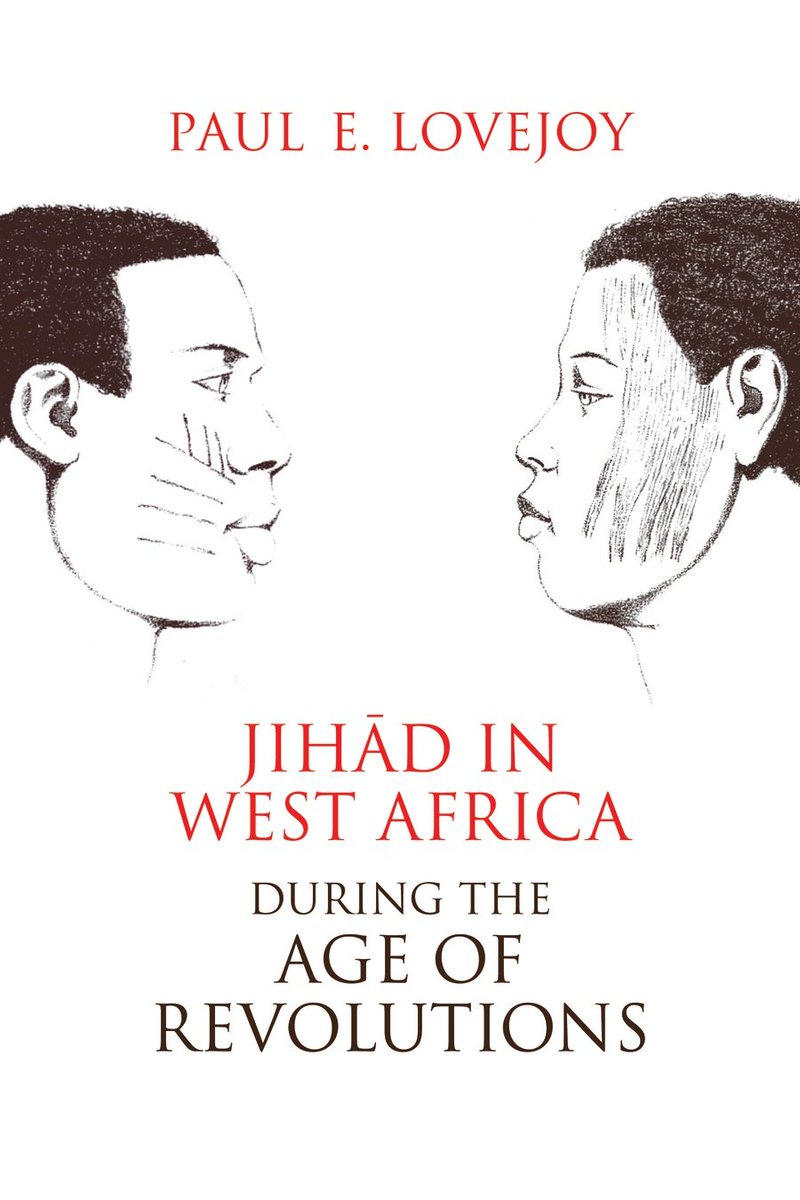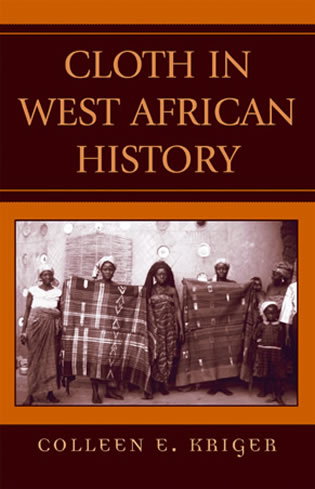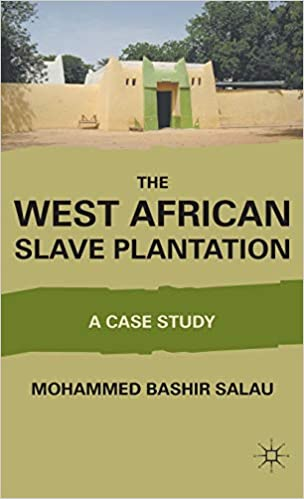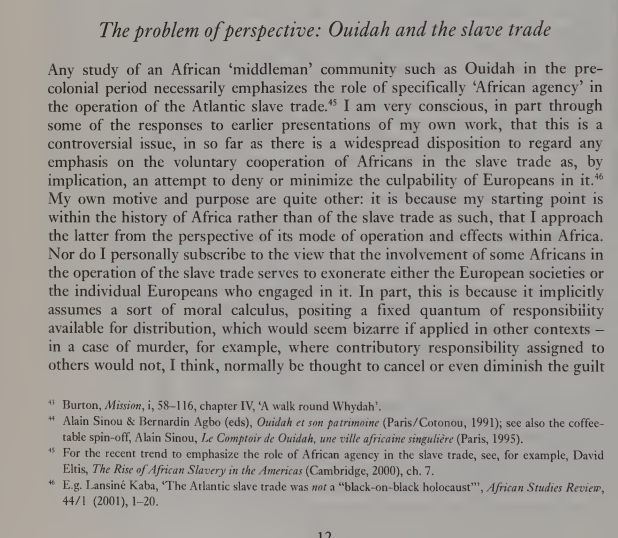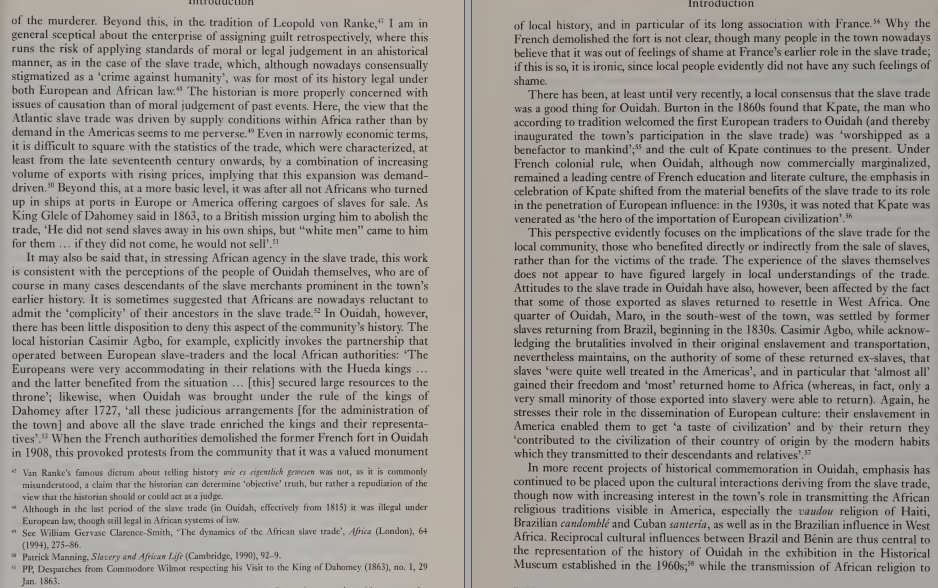
Folios from three of the chronicles of the history of kano, nigeria
1650AD, Asl al-Wanqariyin (wangara chronicle)
1880AD, Tarikh al-Musamma (kano chronicle) written by the scribe Dan Rimi Malam Barka
19th cent., Wakar Bagauda (Song of Bagauda)
-jos museum, nigeria
#randomxt


1650AD, Asl al-Wanqariyin (wangara chronicle)
1880AD, Tarikh al-Musamma (kano chronicle) written by the scribe Dan Rimi Malam Barka
19th cent., Wakar Bagauda (Song of Bagauda)
-jos museum, nigeria
#randomxt



Kano was one of the commercial capitals of the hausalands and one of the largest cities in 19th cent. west africa
Malam Barka was a powerful slave official originally from wadai (in chad) during the reign of sarkin kano Muhammad Bello (1882–93) he wrote
Malam Barka was a powerful slave official originally from wadai (in chad) during the reign of sarkin kano Muhammad Bello (1882–93) he wrote
https://twitter.com/rhaplord/status/1130032324702363649
the kano chronicle using several oral history sources during the political upheaval after bello's death
The anonymously authored Wakar Bagauda may also be attributed to him
The anonymously authored Wakar Bagauda may also be attributed to him
The wangara chronicle narrates the settlement of the soninke from mali to kano led by the cleric Abd al-Rahman Zaghaiti in the 1480s
The wangara/juula/jakhanke were a prominent commercial diaspora of traders of soninke origin in westafrica since the ghana empire most migrated
The wangara/juula/jakhanke were a prominent commercial diaspora of traders of soninke origin in westafrica since the ghana empire most migrated
during and after the fall of songhai so they spoke songhay which was latter replaced by hausa as the lingua franca of hausaland trade during the 18th cent. after the ascendance of local traders
reading..
on the wangara chronicle:
The Role of the Wangara in the Economic Transformation of the Central Sudan in the Fifteenth and Sixteenth Centuries
Paul LoveJoy
jstor.org/stable/181597
on the kano chronicle:
The Kano Chronicle Revisited
Paul Lovejoy
books.google.co.ug/books/about/La…
on the wangara chronicle:
The Role of the Wangara in the Economic Transformation of the Central Sudan in the Fifteenth and Sixteenth Centuries
Paul LoveJoy
jstor.org/stable/181597
on the kano chronicle:
The Kano Chronicle Revisited
Paul Lovejoy
books.google.co.ug/books/about/La…
• • •
Missing some Tweet in this thread? You can try to
force a refresh




















